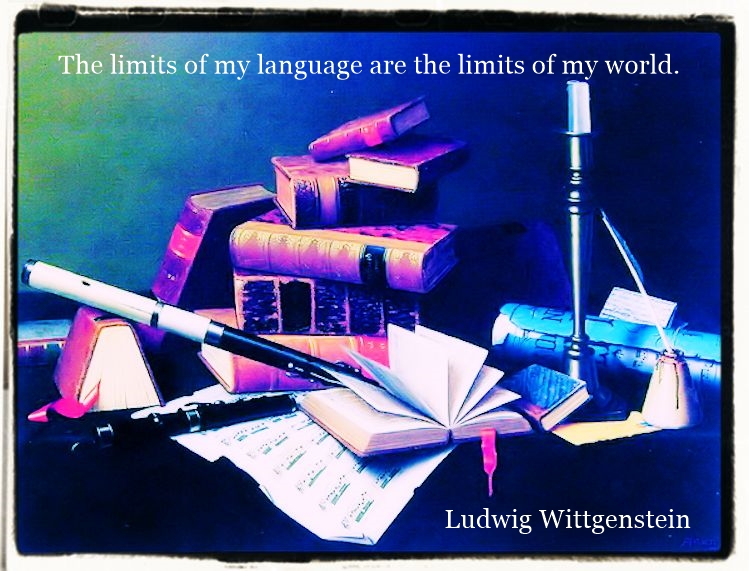
This page is a great place for you to start your revision. Here you can think deeply about why we study literature and non-literature, in order to develop a conceptual approach to the course and the areas of exploration. This will help you in all of your assessment components and your enjoyment of the subject, too.
The influence of texts upon people and their subsequent creation of new texts is the most interesting and compelling reason to study language & literature.
Which area of exploration?
Intertextuality is not only allusion - the direct evidence of and connection with one text in another. This is where we see the cycle of communication, and how people are inspired by what they read and see and produce new things as a result. We also see the evolution of the genre as a key aspect of intertextuality.
Try writing a five-hundred word response indicating the degree of your agreement with the statement, in order to get your ideas fully in order. Add this to your Learner Portfolio.
We study literature and non-literature in order to learn about the context of the writer and to understand how the context of the reader can affect or alter the interpretation.
Which area of exploration?
This is the typical 'historical / biographical' approach to studying literature and non-literature, in which it becomes an artifact for a social science and the study of human history. What can we learn about the context of the writer, the time of writing, and how that aligns with or differs from the context of the reader is key to this area of exploration.
Try writing a five-hundred word response indicating the degree of your agreement with the statement, in order to get your ideas fully in order. Add this to your Learner Portfolio.
The most important reason we study literature and non-literature is to appreciate the artistic features of the author and how they are used to create meaning and message.
Which area of exploration?
This is a traditional, formalist approach to the study of literature and non-literature, which concerns itself primarily with the purpose and craft of the author in making choices to create thematic meaning.
Try writing a five-hundred word response indicating the degree of your agreement with the statement, in order to get your ideas fully in order. Add this to your Learner Portfolio.
How much of Areas of Exploration have you understood?


 Twitter
Twitter  Facebook
Facebook  LinkedIn
LinkedIn